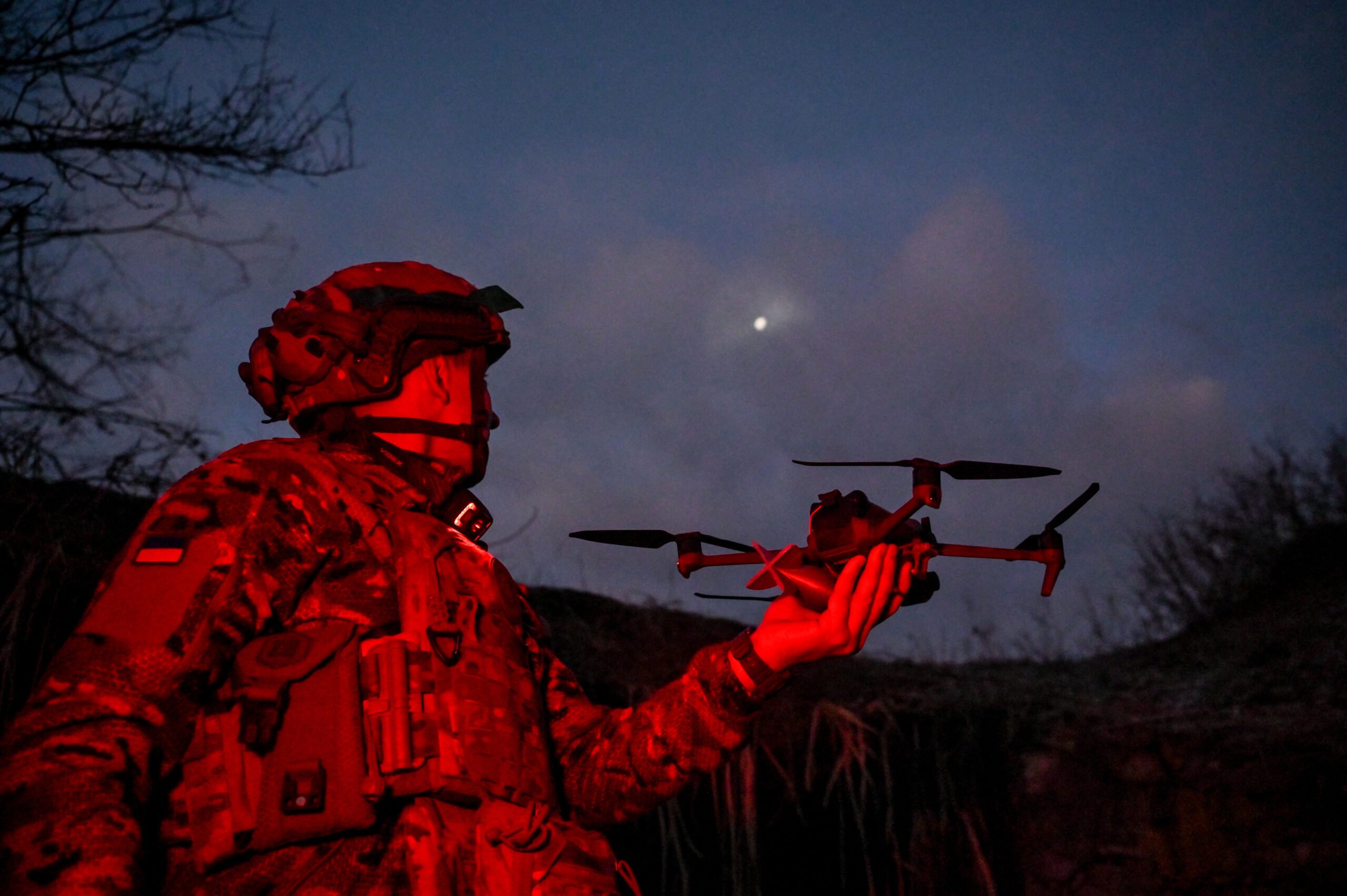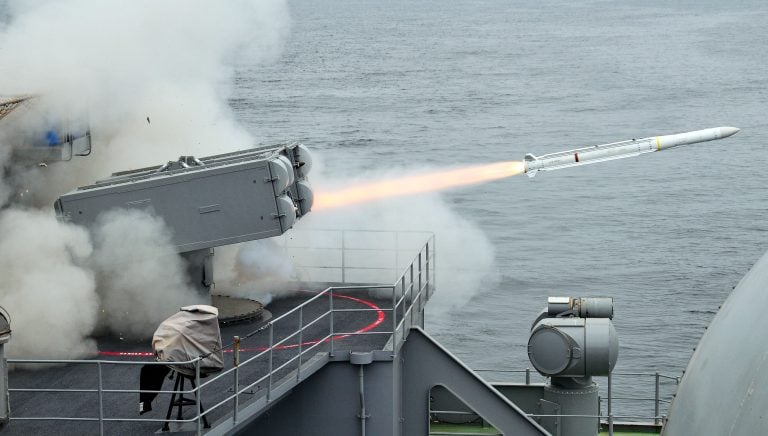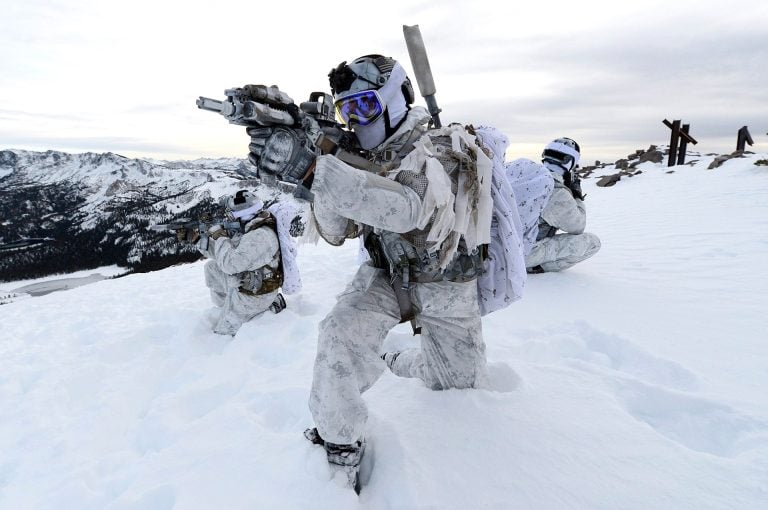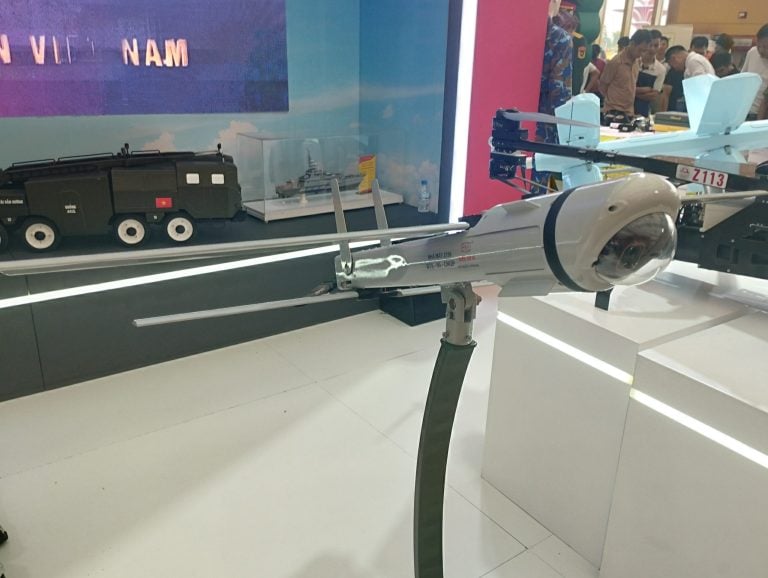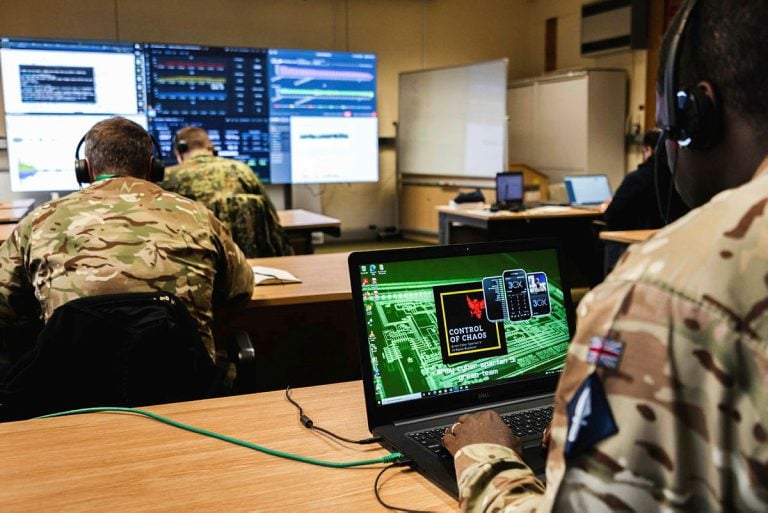The US Department of the Treasury has imposed sanctions on two Ukrainian companies, GK Imperativ and Ekofera, citing their involvement in facilitating Iran’s acquisition of essential components for tactical unmanned aerial systems (UAS). These systems are currently being utilized by Russia in its ongoing conflict against Ukraine.
Based in Kharkiv, GK Imperativ has been identified as a front for Iranian agents responsible for supplying parts to Iran Aircraft Manufacturing Industrial Company (HESA). Ekofera operates out of both Kyiv and Kharkiv and also serves as a consultancy and wholesale intermediary. These companies are alleged to have helped HESA manufacture loitering munitions, including the Shahed-131 and Shahed-136, as well as the Ababil drones, all of which are designed for strike missions and reconnaissance.
The Treasury Department’s Office of Foreign Assets Control detailed that the sanctions were enacted under Executive Order 13382, which is aimed at crippling those involved in the proliferation of weapons of mass destruction. The sanctions target a network of approximately 30 individuals and organizations spanning eight countries, including both Iran and Ukraine.
According to officials, the Ukrainian firms played a crucial role in providing Iran with devices such as attitude indicators, magnetometers, and engines vital for the navigation and stability of unmanned aerial systems. Since its registration in 2018, GK Imperativ has been predominantly engaged in trading chemicals and construction materials. Meanwhile, Ekofera, established in 2016, has been functioning as a consultancy service without raising significant red flags until now.
The sanctions also extend to three Iranian agents—Bahram Tabibi, Batoul Shafiei, and Saeed Pahlavani Nejad—who coordinated operations to transport components to HESA.
John Hurley, the undersecretary for terrorism and financial intelligence at the Treasury Department, remarked on the broader implications of such sanctions, emphasizing Iran’s exploitation of financial systems to launder funds and procure components for both nuclear and conventional weapons programs. He reiterated the expectation for the international community to enforce UN snapback sanctions on Iran, aiming to sever its access to global financial resources.
These actions highlight ongoing global tensions surrounding Iran’s military capabilities and its relationships with various state and non-state actors, including Russia. As the international community closely monitors these developments, the focus remains on curtailing the frameworks that enable such collaborations.
